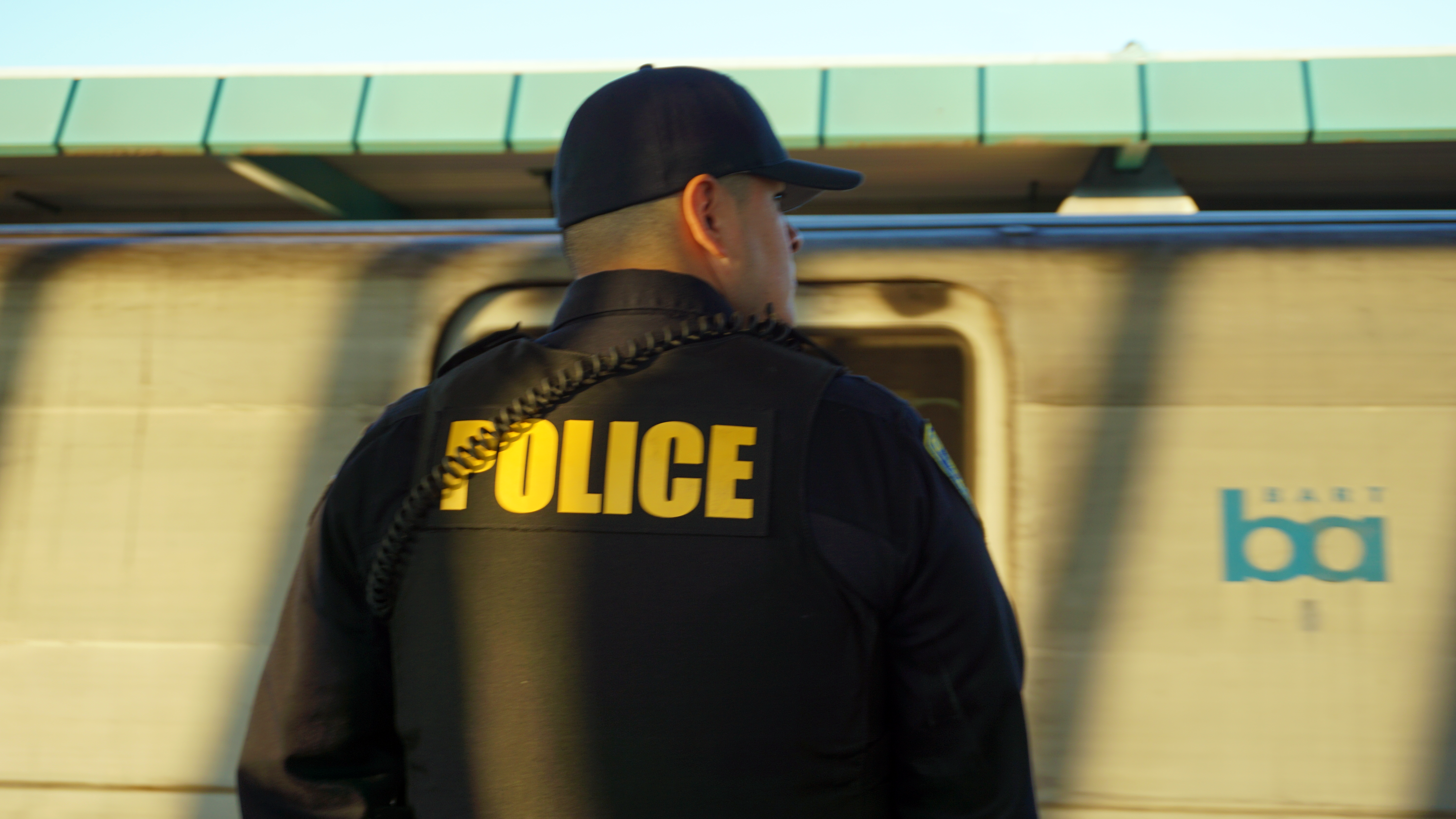The Bay Area's largest transit system is still recovering from a fire that triggered massive delays this week.
Tuesday's fire is the latest in a series of issues plaguing the Bay Area Rapid Transit system as it works to invest in its operations and increase ridership.
Watch NBC Bay Area News free wherever you are
BART on Wednesday was searching for a cause of the fire on the track at the San Leandro station, which ultimately triggered a systemwide closure. The transit agency said the blaze is likely connected to a power supply issue.
The fire comes after police over the weekend investigated two separate assaults involving BART riders. And earlier this month, services was suspended systemwide because of a networking and computer problem.
Despite all of the recent issues, some BART riders still have faith in the system.
"It is kind of running on a stretch budget, so I kind of sympathize with that," BART rider Jonathan Newmann said. "But I think it is troubling the incidents that have been leveled against BART right now. I will still continue to take it because I rely on it."
BART spokesperson Chris Filippi said the computer issues and this week's fire are not connected.
"Bottom line is we need to own it," Filippi said. "We need to own what's happened. This is not the level of service we want to provide to our riders."
Filippi said BART is working on a multi-year $3.5 billion project to rebuild its infrastructure, including already replaced power cables and new substations.
Get a weekly recap of the latest San Francisco Bay Area housing news with the Housing Deconstructed newsletter.
"That not only gives us a more reliable source of power, but in the long run will also allow us to run more trains once we also improve our train control system," Filippi said. "So these are investments geared toward the future and certainly geared to making BART more reliable."
BART officials note the improvements are not cheap and without more help, the transit agency could be headed for a fiscal cliff.
"We have seen just in recent weeks when BART has had a couple of issues that caused the system to go down," State Sen. Scott Wiener said. "That has huge negative impacts on the Bay Area.
Wiener is among those working to secure $2 billion in state funding for transit statewide. He is also pushing for 2026 ballot measure to provide a long-term funding source.
If funding is not secured, the senator said BART will likely have to make drastic cuts, including the closures of stations and service reductions.
"If we do nothing, if we just let the status quo proceed, we will see devastating cuts at all of these major systems," Wiener said. "BART will basically collapse."
BART plans to hold a special board meeting Thursday to consider authorizing $8 million to repair the fire optic cable that was damaged in Tuesday's blaze.




